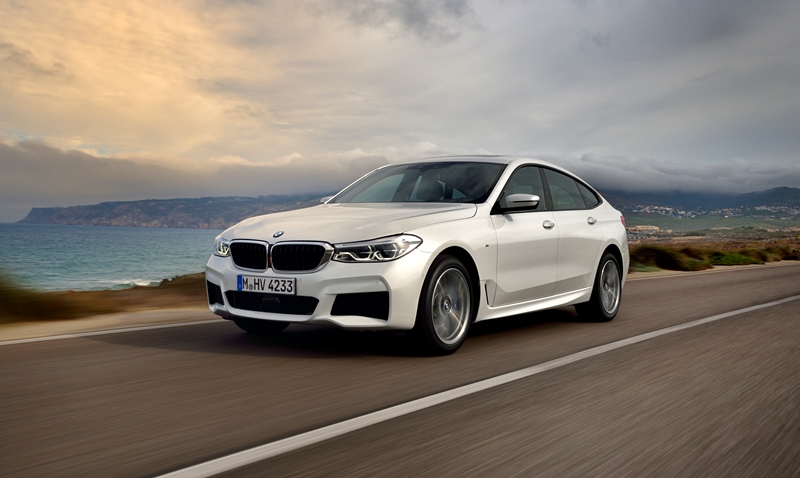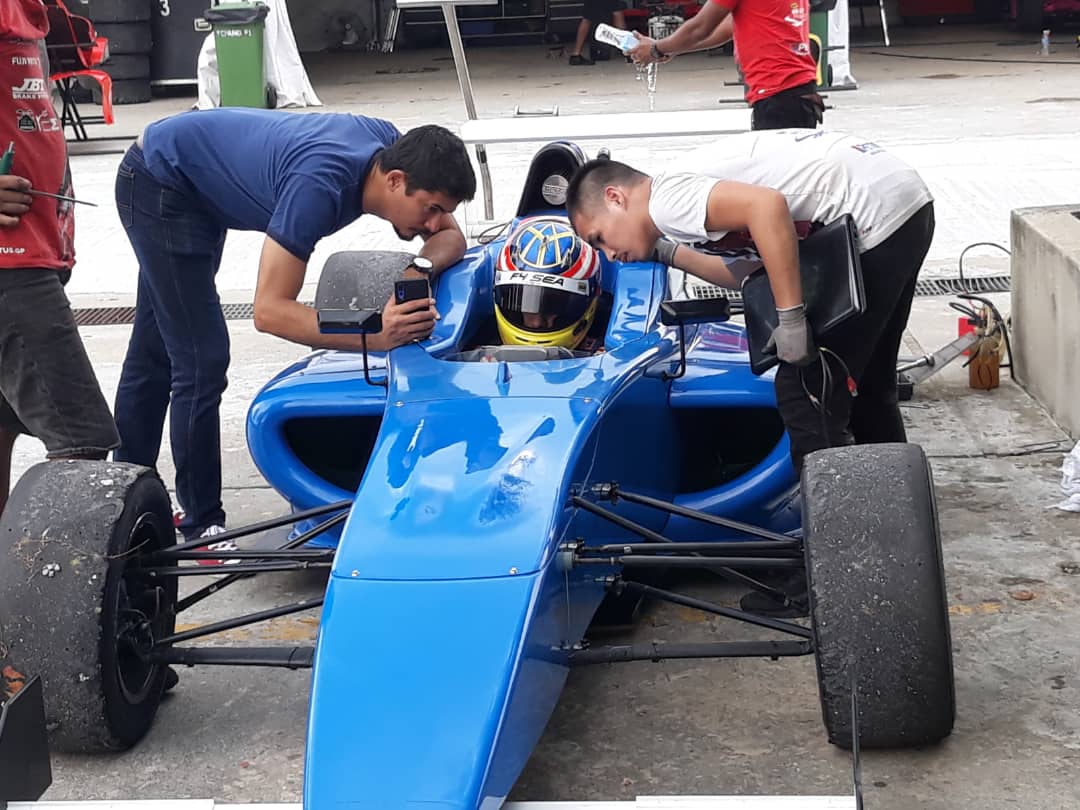
With the launch of a new, exceptionally efficient entry-level engine, BMW is extending the drive portfolio in the luxury segment. As from July 2018, a four-cylinder diesel engine will be available for the BMW 6 Series Gran Turismo. Under the bonnet of the new BMW 620d Gran Turismo (combined fuel consumption: 4.9 – 4.8 l/100 km; combined CO2 emissions: 129 – 127 g/km), the 140 kW/190 hp engine provides for a particularly efficient form of driving pleasure in the model, which was designed for long-distance ride comfort and versatile functionality.
The exceedingly efficient four-cylinder diesel is making a debut in the BMW 6 Series. Turbo charging with variable turbine geometry and Common Rail direct injection constitute the prerequisites for sporty power delivery and a high degree of efficiency on this 2-litre engine. Maximum torque of 400 Nm is available between 1 750 and 2 500 rpm, with maximum power output of 140 kW/190 hp being achieved at 4 000 rpm.
Therefore, the choice of power units available for the BMW 6 Series Gran Turismo now totals 5 engines. In addition to straight six-cylinder diesel engines, a straight six-cylinder petrol engine and a four-cylinder petrol engine will be offered. The new entry-level diesel transfers power with a standard 8-speed Steptronic transmission. All suspension systems available for the BMW 6 Series Gran Turismo are also optionally available for the new model variants, including Adaptive Two-Axle Air Suspension, Integral Active Steering and the Executive Drive system with Active Roll Stabilisation. The new BMW 620d Gran Turismo sprints from 0 to 100 km/100 in 7.9 seconds. The outstanding efficiency of the new engine variant is demonstrated by a combined fuel consumption of 4.9 to 4.8 litres per 100 km and a CO2 emission level of 129 to 127 grams/km.
*The fuel consumption and CO2 emissions figures shown were determined according to the European Regulation (EC) 715/2007 in the version applicable at the time of type approval. The figures refer to a vehicle with basic configuration in Germany and the range shown considers the different size of the selected wheels and tires. The values of the vehicles labelled with (*) are already based on the new WLTP regulation and are translated back into NEDC-equivalent values in order to ensure the comparison between the vehicles. With respect to these vehicles, for vehicle-related taxes or other duties based (at least inter alia) on CO2 emissions, the CO2 values may differ to the values stated here (depending on national legislation).
The CO2 efficiency specifications are determined according to Directive 1999/94/EC and the Pkw-EnVKV, and based (for classification) on the fuel consumption and CO2 values as per the NEDC cycle.


































